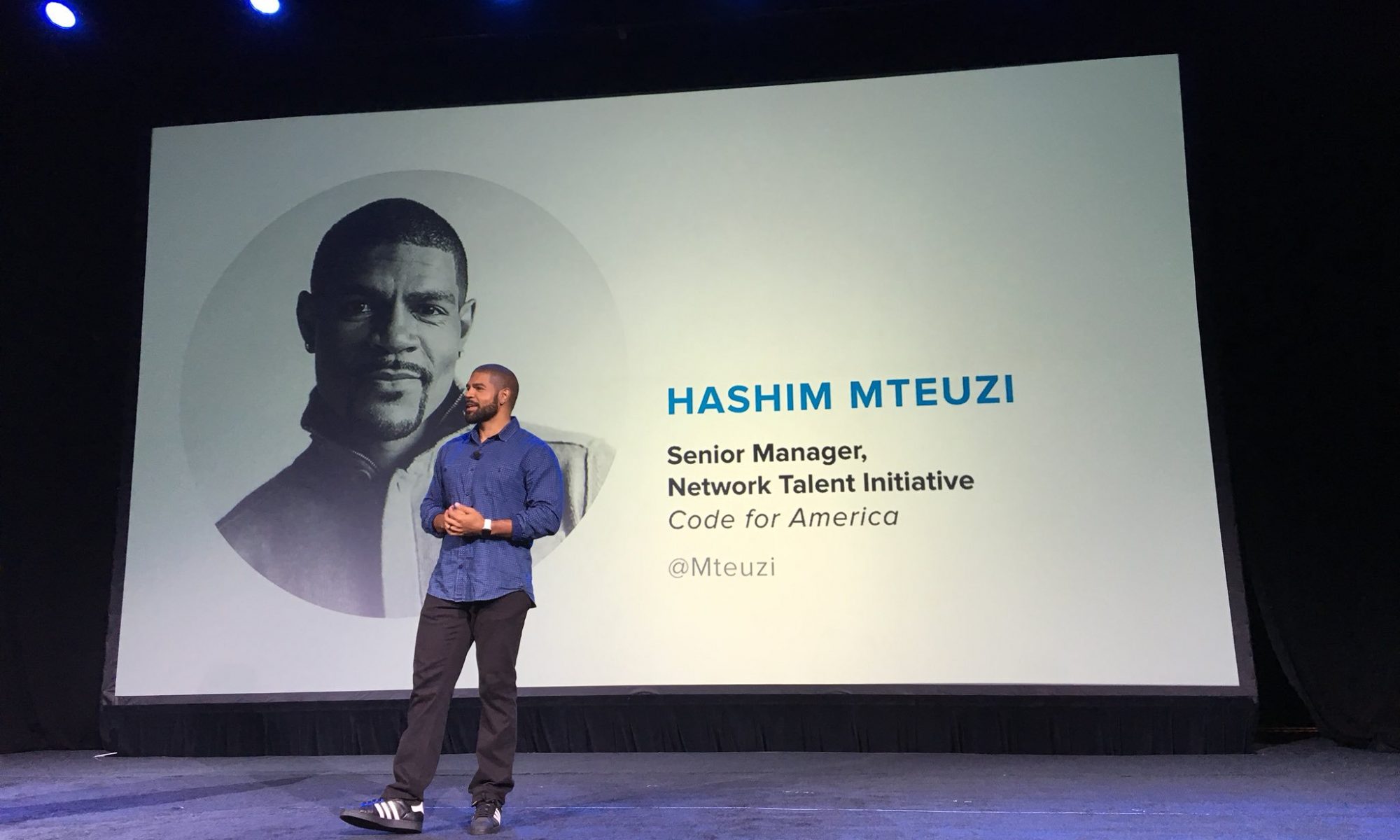In the fascinating and slightly surreal world of culinary ethics, an article recently caught my attention: “Lobsters likely feel pain. Should we get them high before eating them?”. The premise is as bizarre as the title suggests, suggesting that we could alleviate the potential suffering of lobsters by getting them “high” before cooking them. What? While the creativity and compassion behind this idea may be noteworthy, I can’t help but wonder whether we’re missing the point when considering the ethical considerations of eating lobsters. (Hint: We are.) Let’s talk about why we should stop eating lobsters.
Understanding Lobster Sentience
Before diving into the main argument, let’s address the lobster in the room. Lobsters, like all animals, are sentient beings. While their experience of pain may not mirror ours, the scientific community has acknowledged that crustaceans display signs of distress and have responses to harmful stimuli. Not surprisingly, it’s painful to them to get boiled alive. For those interested in exploring the fascinating world of animal sentience further, “Sentience and Animal Welfare” by Donald M. Broom provides some good insights. The book dives deeper into the capacity of animals to feel and perceive, offering a rich understanding of sentience across a wide array of species. Check it out here for an exploration into the minds of animals. Prepare to be enlightened.
An Ethical Dilemma
Now, let’s think about the solution proposed in the article: giving lobsters marijuana to ease their potential suffering before being cooked. Give lobsters weed? The concept may seem novel and considerate (depending on how you look at it), but is it the most ethical course of action? If we acknowledge the impact of overfishing on marine biodiversity and the bycatch problem in the fishing industry, then shouldn’t we reconsider our seafood diets entirely?
If we acknowledge that lobsters can feel pain, and that it distresses us to cause them suffering, why not simply avoid inflicting pain altogether? Let’s deal with the root problem. The good news is that this could be easily achieved by choosing not to eat lobsters, or any animal, for that matter. In other words, instead of finding intricate or far out ways to lessen the guilt associated with the food we choose to consume, why not make choices that don’t warrant guilt in the first place?
The Compassionate Choice
Choosing not to eat lobsters or other animals is not merely a personal ethical decision. It’s a compassionate choice that respects the inherent worth of these sentient beings. By choosing a plant-based diet, we can enjoy our meals without causing unnecessary harm to animals. Adopting a plant-based diet can feel like a daunting transition. However, resources like “The Complete Plant-Based Diet: A Guide and Cookbook to Enjoy Eating More Plants” by JL Fields can make the process enjoyable and more manageable. The book offers a comprehensive guide to plant-based eating, complete with delicious recipes to get you started. Find your copy here and get started on your compassionate culinary journey.
Environmental Impacts
Beyond individual compassion, our dietary choices have significant environmental consequences. Overfishing is a grave concern for marine biodiversity. As we deplete populations of lobsters and other seafood, we disrupt delicate oceanic ecosystems, threatening the balance of life beneath the waves.
Moreover, the fishing industry is notorious for its bycatch problem. For those unfamiliar with the term, bycatch refers to the unintentional capture of non-target species during fishing operations. In simple terms, it’s when you catch animals you didn’t mean to catch while trying to catch other animals while fishing. This includes various species of fish, seabirds, and even marine mammals like dolphins and turtles. Bycatch is often just thrown back into the sea, injured or dead, contributing to the decline of many species and further disturbing the marine balance.
By reducing our seafood consumption, particularly of species like lobsters, we can alleviate the pressure on marine ecosystems and contribute to their preservation. This is yet another compelling reason to consider removing seafood from our diets and why we should stop eating lobsters.
A Logical Conclusion
In conclusion, while the article’s proposal is undoubtedly unique, it dances around the primary issue. If we are genuinely concerned about causing pain to lobsters, the most ethical, compassionate, environmentally friendly, and logical solution is clear: stop eating lobsters.
Let’s strive for a world where our meals don’t come at the expense of another creature’s well-being. After all, compassion tastes better than any cuisine. Let us embrace the amazing benefits of plant-based diets, reduce our contribution to overfishing and the bycatch problem, and make a significant impact on preserving marine biodiversity.




